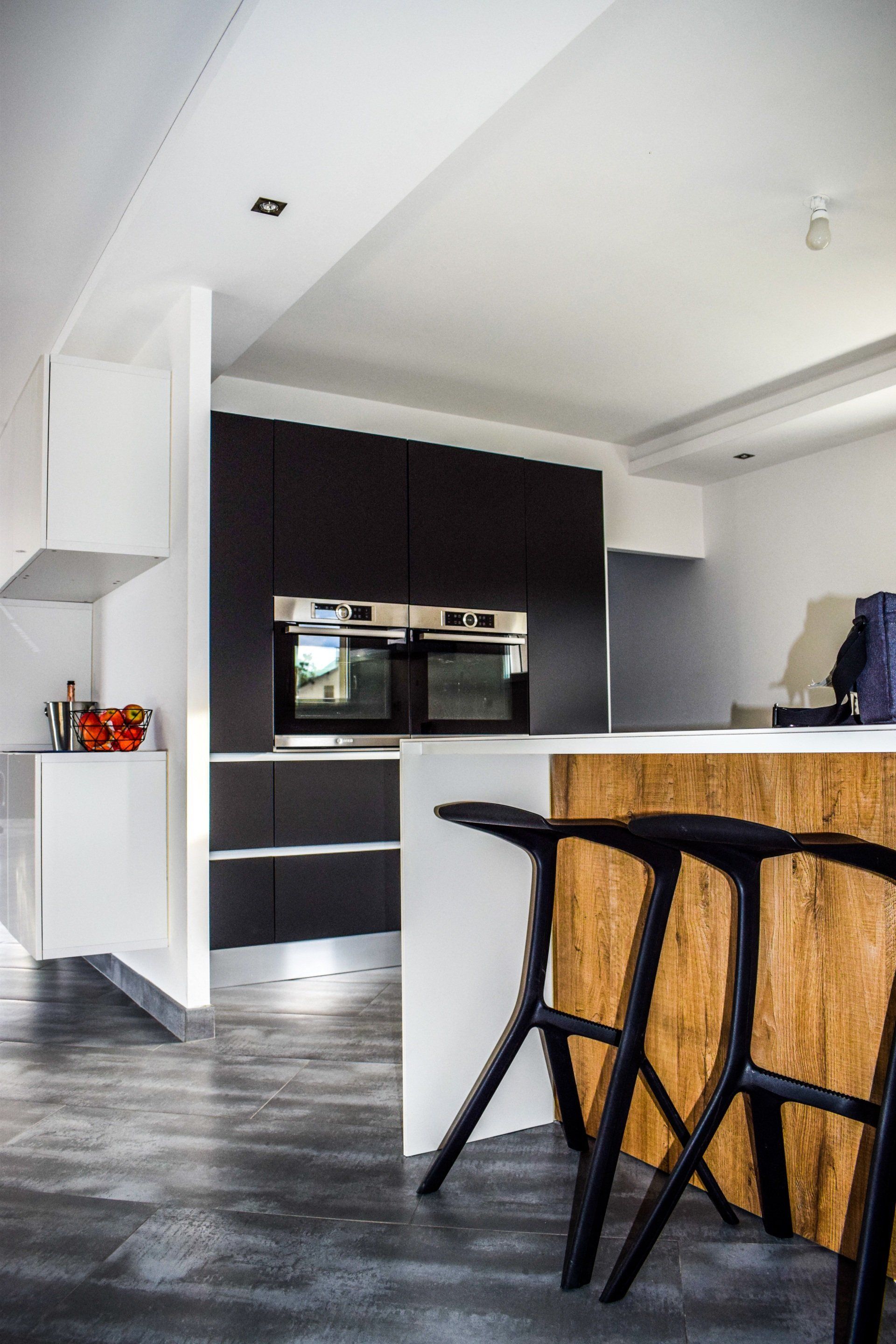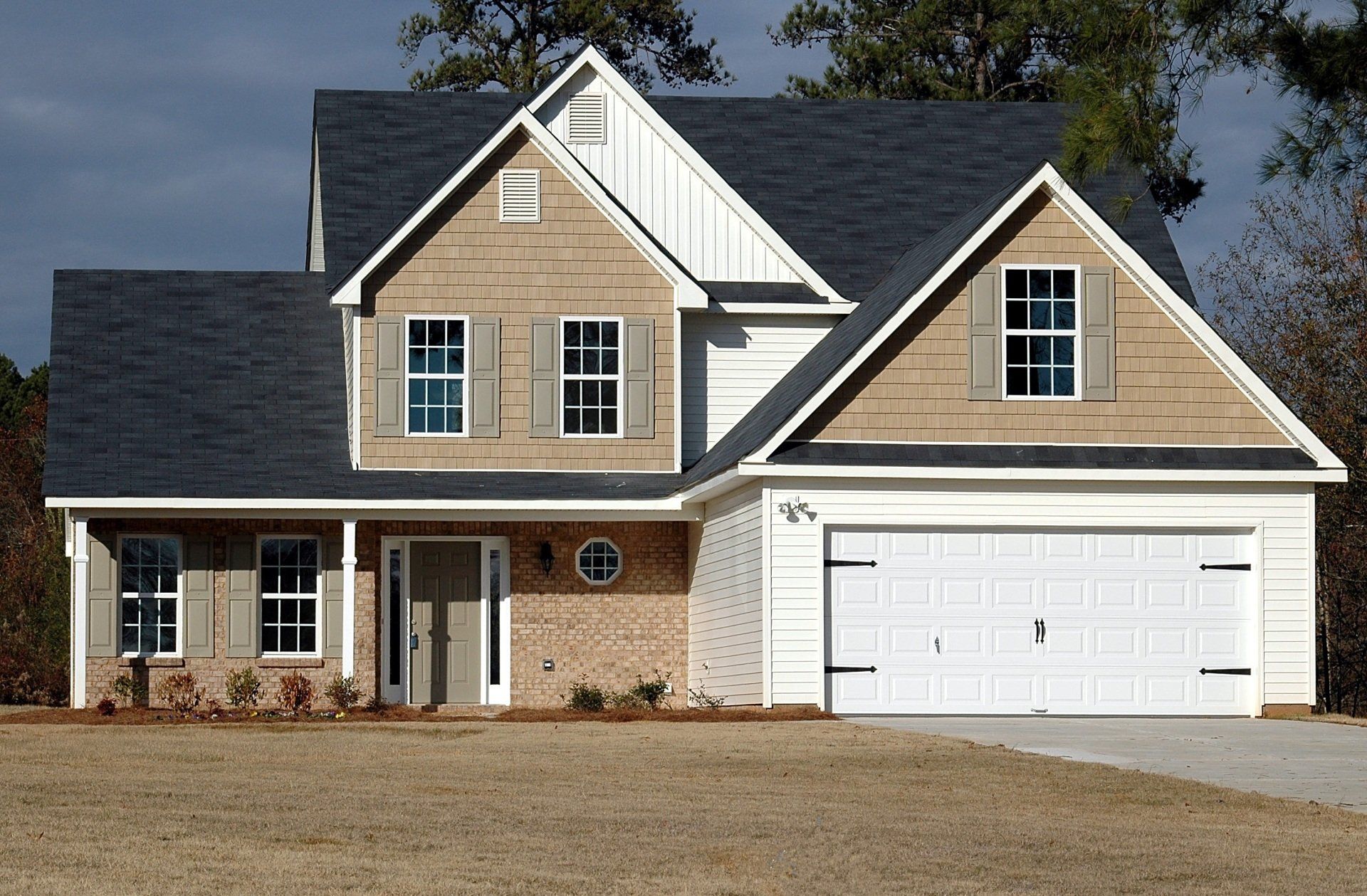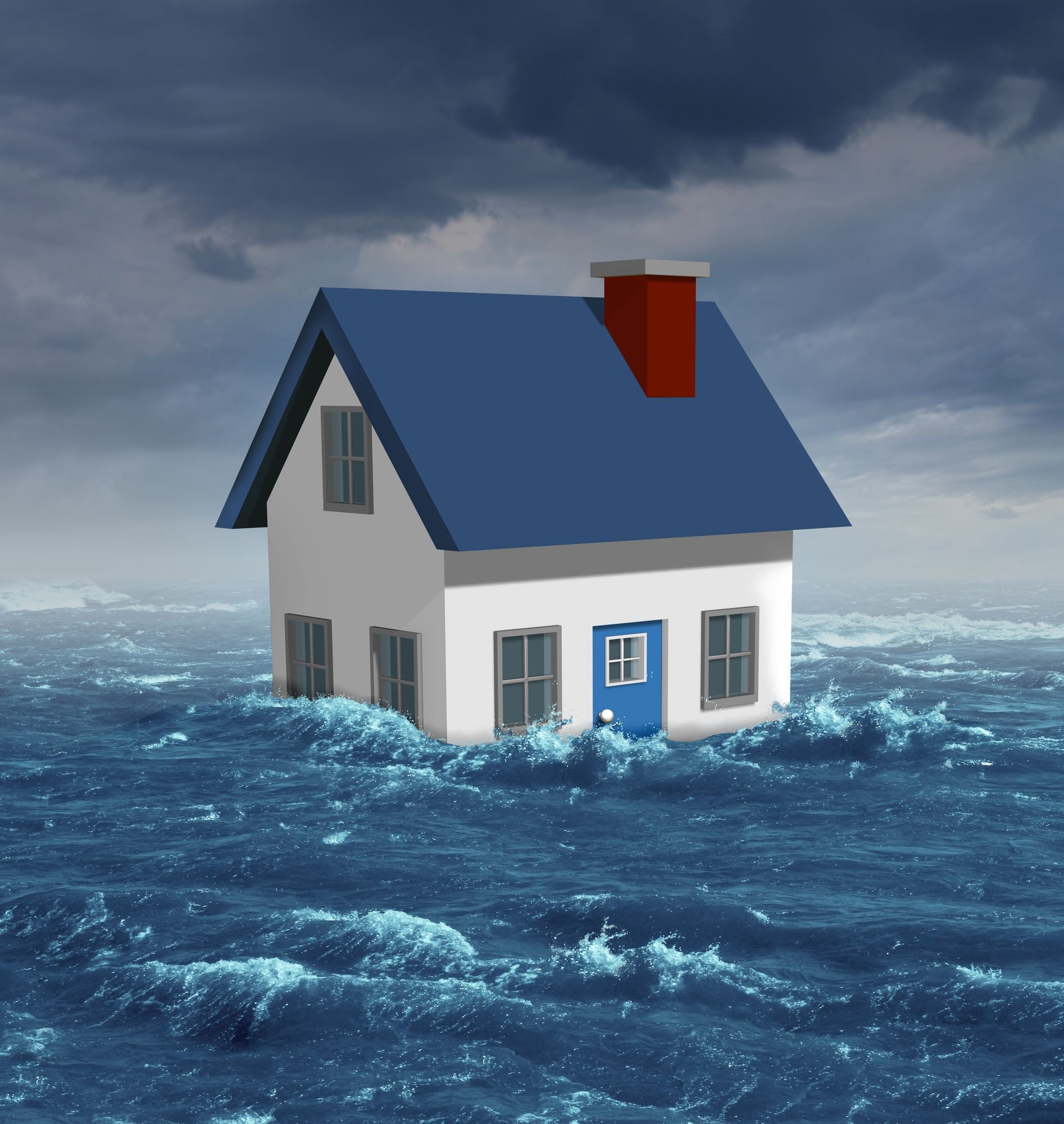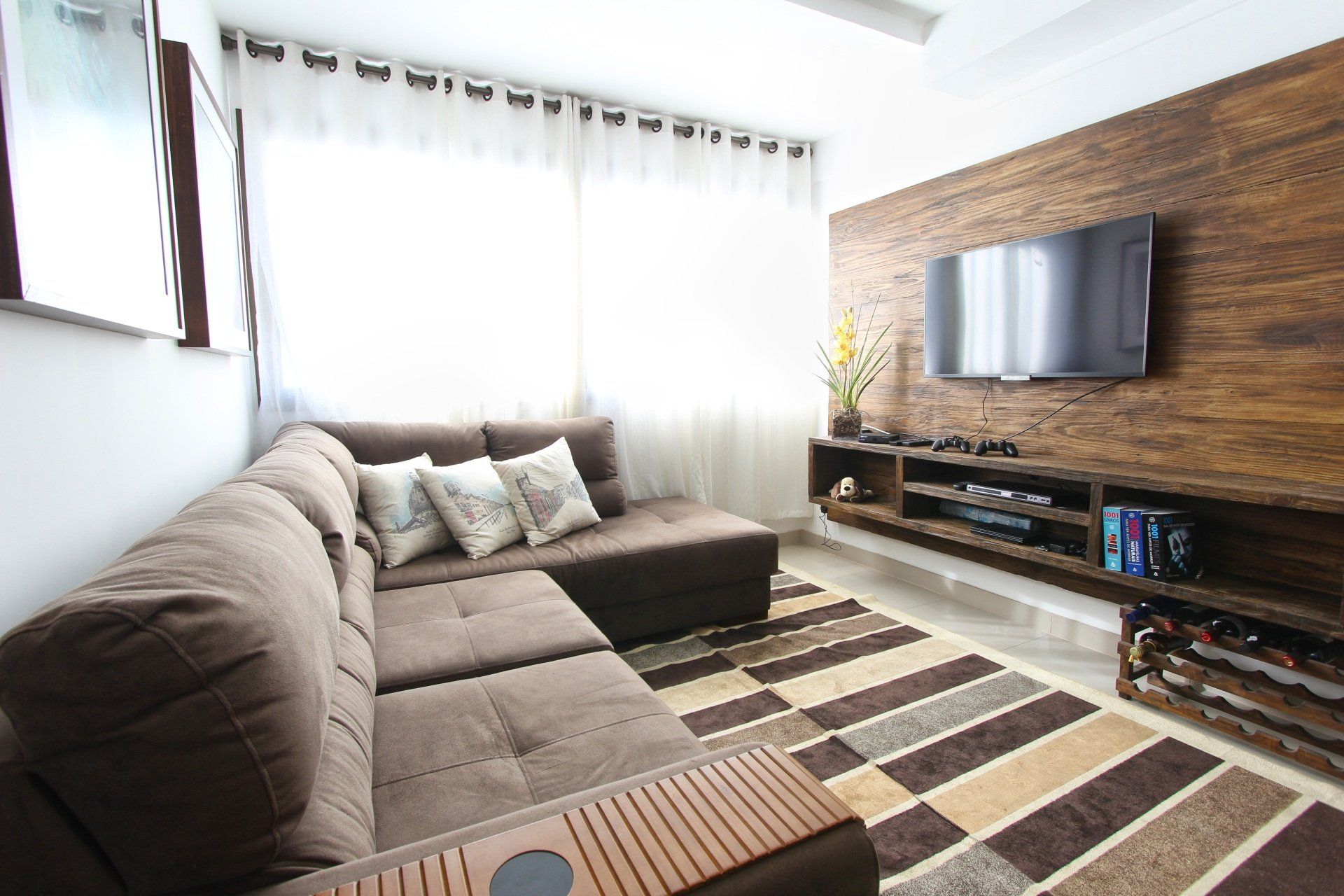What Makes A House Uninsurable? | Boise Homeowners Insurance
Boise Home & Flood Insurance Experts Tips Top Reasons You Cannot Insurance Your Home
Buying a home is often one of the biggest investments people will ever make in their lives, so it’s important for homeowners to know what could potentially disqualify them from receiving proper insurance coverage. from damage to the building to environmental risks. If you don't, you might not have any protection when a disaster happens.
Location-Related Factors
When figuring out how risky a property's location is, an insurance underwriter needs to know about things like flooding, hurricane damage, earthquake zones, fire districts, and air pollution. These can all be huge factors in determining whether or not a house is insurable.
For instance, if a house were located in an area that has experienced frequent flooding over the past few years and shows no signs of improvement in terms of flood prevention measures being put in place, this would make the house uninsurable as floods are considered catastrophic events that could cause major damage to the structure of the home.
In the same way, homes in hurricane-prone areas might not be eligible for insurance because windstorms brought on by these powerful storms are more likely to cause damage to them. The risks are the same in earthquake zones since earthquakes can cause huge amounts of damage.
Fire districts can also be dangerous because fires spread quickly and destroy buildings easily if certain safety precautions aren't taken, like installing up-to-date smoke detectors and having the right fire extinguishers on hand.
Lastly, the level of air pollution should be looked at before a policy is given for a certain property. High levels of pollutants pose serious health risks that need to be dealt with before a policy is given.
When deciding if a property is insurable, these external risks need to be taken into account. If they aren't, the insured, the insurer, which takes on too much risk without properly assessing it, and the insured, who doesn't receive enough protection from potential disasters because neither party follows proper loss mitigation practices, could all lose.
Structural Issues & Prior Claims
Cracks in the foundation, damage to the roof, problems with the wiring, or plumbing problems can make the property uninsurable. Not only do they pose a risk to insurers but also to anyone who lives in the area, so they can't be covered.
These kinds of structural problems are often expensive to fix and may be a sign of a bigger problem with the home's structure. Not only do they pose a risk to insurers but also to anyone who lives in the area, so they can't be covered. Because of this, most Insurance companies may decide that a property with these problems is not worth covering.
From floods and hurricanes to tornadoes and wildfires, it's always possible for a disaster to cause a lot of damage. Because of this, it's important to have insurance against such risks.
Even if a house isn't in a high-risk area, it may still be hard to get insurance because of its age or condition.
Many homeowners simply don't realize how much influence seemingly minor details can have on insurability, namely things like faulty wiring and leaky roofs, which could prove extremely costly were something bad to happen down the line.
Are There Any Discounts Available For Insuring A House?
Are you looking to insure your house? It's a great decision that can provide much-needed peace of mind. When it comes to finding the best rates and coverage for insuring a house, there are some discounts available.
There are plenty of options out there, so doing research into what kinds of discounts may be available could save you time and money in the long run.
- Multi-policy discount. A multi-policy discount is one of the most common types of discounts that insurance companies offer. This means that if you buy both a homeowners insurance policy and an auto insurance policy from the same insurance company, you can get a discount on both policies. This discount can be anywhere from 10% to 20% off each policy, though it can change.
- Discount on a new home. If you just bought a new house, you might be able to get a new home discount. Most insurance companies give this discount to new homeowners because they think that new homes are safer to insure than old ones. This can save you between 5% and 20% on your premium.
- A price cut on a security system. If you have a security system in your home, you may be able to get a discount for having one. Insurance companies are less likely to charge more for homes with security systems because they are less likely to be broken into or damaged. Depending on what kind of security system you have, the discount could be anywhere from 5% to 20% off your premium.
- Price cut on smoke detectors. A smoke detector discount is another common way to save money on home insurance. If your home has working smoke detectors, you may be able to get a discount on your premium. Homes with smoke detectors are less likely to have fire damage, which makes them less risky for insurance companies to cover. This can save you between 2% and 5% on your premium.
- Discount for no claims. If you haven't made a claim on your homeowners insurance in a certain amount of time, you may be able to get a discount. Homeowners who have never filed a claim are seen as less of a risk by insurance companies than those who have. Depending on the insurance company and how long it's been since your last claim, the discount can be anywhere from 10% to 20% off your premium.
- Discount for age of home. Some insurance companies give a discount to people whose homes are older than a certain age. This discount is usually given to homes that are at least 20 years old, and it can save you anywhere from 5% to 10% on your premium. Insurance companies think it's riskier to insure older homes because they are more likely to have problems with their plumbing, electricity, or other systems.
- Discount for good credit. Lastly, some insurance companies give homeowners with good credit scores a discount. Insurance companies think it's less risky to insure homeowners with good credit scores because they are more likely to pay their premiums on time and are less likely to file claims. Depending on your credit score and the insurance company, the discount can be anywhere from 5% to 15% of your premium.
Are there any Additional Costs Associated With Insuring A House?
When it comes to homeowner insurance, there are several additional costs that may be associated with insuring a house. From the insurance premium to the options for coverage, these costs can vary a lot depending on many things.
Here are some key things you should consider when it comes to extra costs associated with homeowner's insurance:
- The type and amount of coverage - Different types of coverage can provide varying degrees of protection depending on your needs and budget.
- Deductible amounts - Typically, this will determine the amount you pay out-of-pocket before your insurer takes over payments for any covered losses or damages.
- Additional riders - These riders can help provide more comprehensive coverage beyond the standard policies offered by insurers at an additional cost.
No matter which insurance policy you choose, it's important to know exactly what's covered and make sure that all necessary provisions are included. This will help make sure that your home is protected from unplanned disasters.
A good rule of thumb is always to shop around and compare rates so you get the best value for your money while still feeling secure about protecting your most valuable asset—your home!
What Are The Common Exclusions In Homeowner's Insurance Policies?
Did you know that over 81% of homeowners in the US have home insurance? When it comes to insuring a house, there are common exclusions that need to be considered. Most of the time, these are things like water damage, natural disasters, building flaws, criminal acts, and damage to personal property.
When taking out homeowner's insurance policies, these types of damages may not be covered:
- Water Damage: This can refer to floods or burst pipes for example which aren't usually covered by standard policies.
- Floods: Policies usually don't cover any flooding from outside sources such as rivers or streams overflowing their banks.
- Burst Pipes: Insurance companies won't pay out claims if the pipe is old and needs replacing due to wear and tear.
- Natural Disasters: Earthquakes, hurricanes and tornadoes are all examples of events that could cause serious destruction but generally wouldn't be included in an average policy.
- Structural Defects: It's important to remember that most insurers won't cover any existing problems with a property before they take on the policy so anything like cracks in walls or foundations would not be covered either.
- Criminal Acts: Homeowner’s insurance doesn’t normally cover theft unless you have specific coverage added onto your policy. The same goes for vandalism too.
- Personal Property: Generally speaking, items inside your home (like furniture or electronics) are only protected against fire or other unexpected accidents; this means things like jewelry would likely require additional coverage if you want them insured properly against theft etc..
When looking at different options for insuring a house, it's important for a possible customer to know what isn't covered. As an underwriter, I'm here to help customers find the right solution for them—one that covers everything they need without breaking the bank!
Does The Size Of The House Affect The Cost Of The Insurance?
The size of the house can certainly have an effect on the cost of insurance. For a homeowner, understanding how their house size could affect their insurance rates is important when considering whether or not to insure a property.
When it comes to insuring a home, there are several factors that can influence the cost of insurance:
- House size:
- The larger and more complex your home’s structure is, the higher the rate you may have to pay for insurance.
- Additionally, if there are any additional living spaces such as rental units or guest houses attached to your primary residence this will also increase your premiums.
- Age of the house:
- Older homes tend to be more expensive to insure because they often require more repairs and maintenance than newer homes.
- Newer construction materials may also be more costly than older ones so keep this in mind when shopping around for coverage.
As an insurance underwriter with decades of experience, I understand all these considerations play a role in determining what kind of coverage you need and how much it will cost. It's essential for homeowners to know exactly what impacts their policy rate before signing up.
Why Work With Boise Home & Flood Insurance Agency
When it comes to insuring a house, there are several factors that can make the process more challenging. If any of these things aren't true, the house might not be insurable, and you wouldn't be able to get coverage. For homeowners looking for insurance, it's important to know what policies don't cover and how certain parts or features of a home could affect rates.
In the end, it's important to think carefully about choosing an insurance company and a policy with the right limits. To get the right protection at a fair price, you need to shop around to find the best coverage and the most competitive prices. The size of a property should also be taken into account, since larger homes usually have higher insurance rates than smaller ones.
Find the right homeowner's insurance for your home by researching different companies, learning about common exclusions, figuring out the extra costs of insuring your home, taking advantage of discounts offered by insurers, and taking the size of your property into account before making a final choice. With careful planning and research, you'll be able to make sure you have the right protections against possible risks while also protecting your finances from future losses. Consult with one of the best homeowners insurance agent in Boise, contact us today!
Contact Us
We will get back to you as soon as possible.
Please try again later.
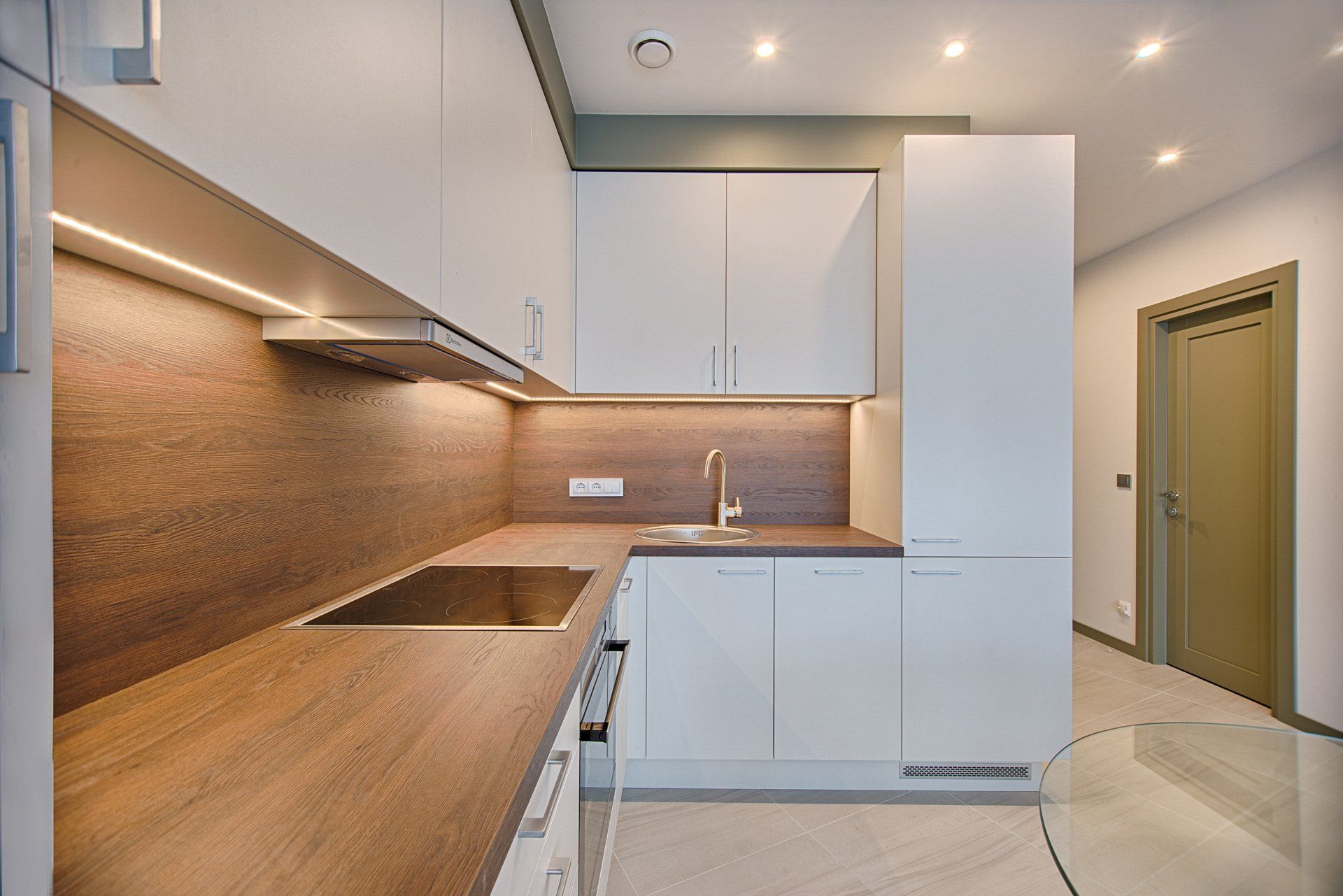
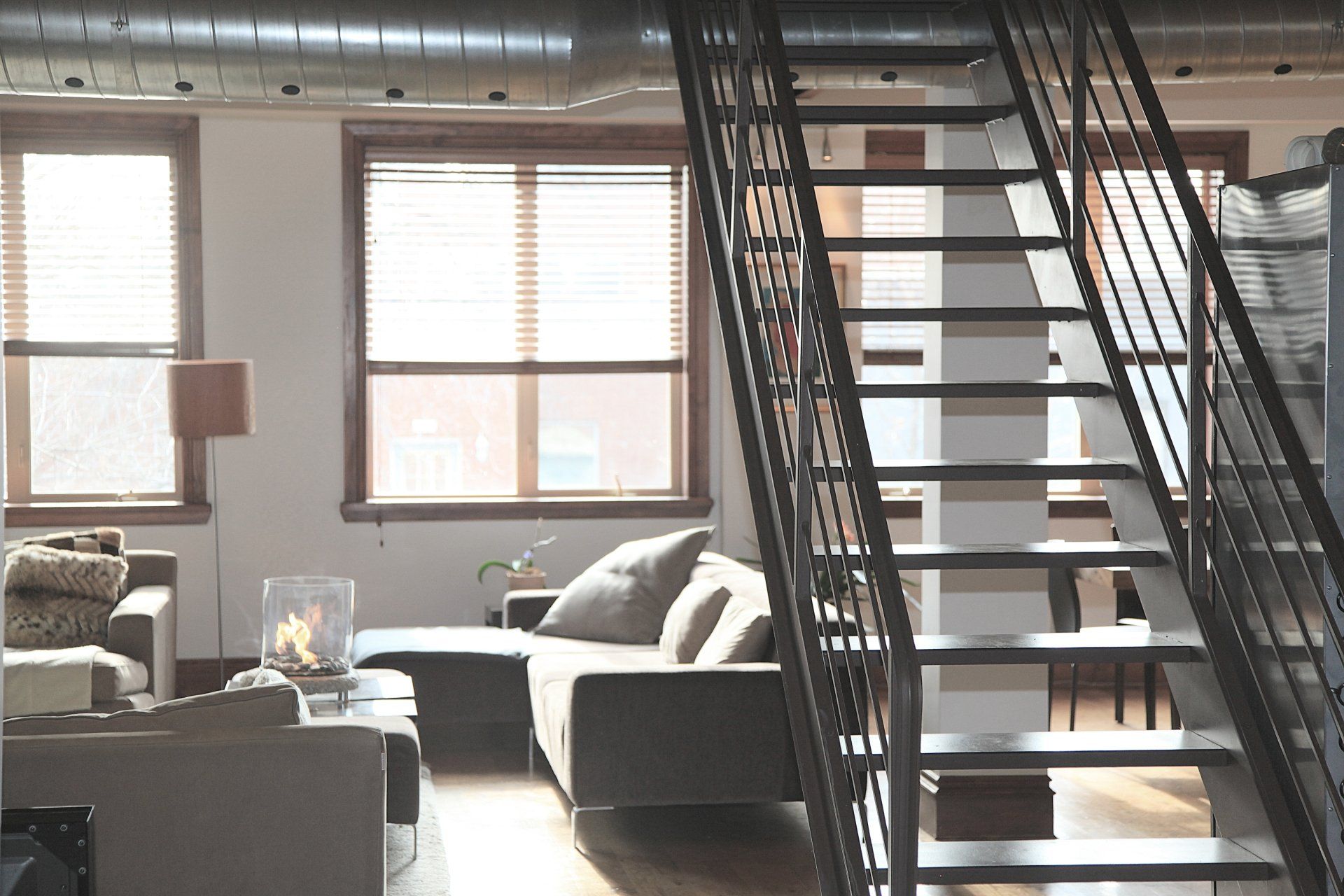
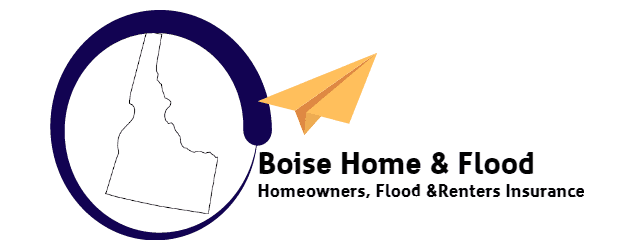
All Rights Reserved | homeinsuranceboiseid.com
Digital Marketing, SEO & Website Design By Mixed Media Leads

